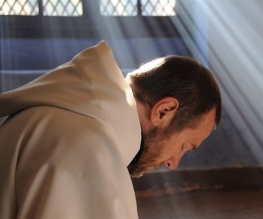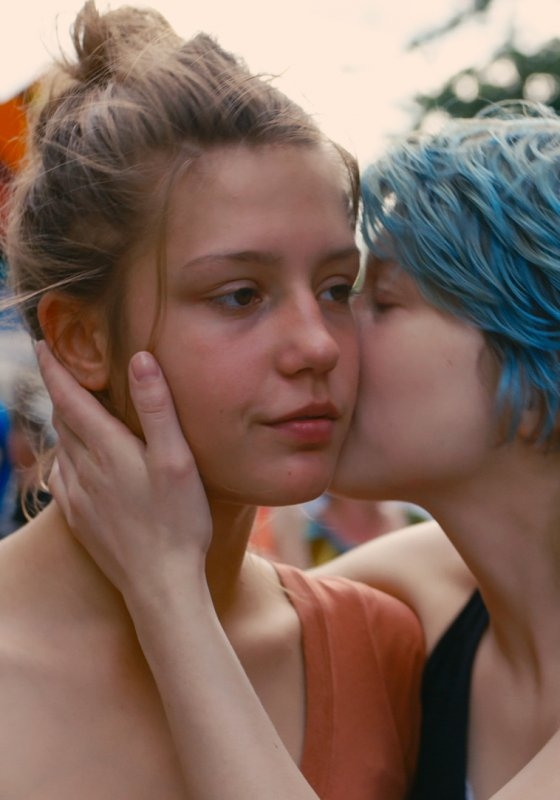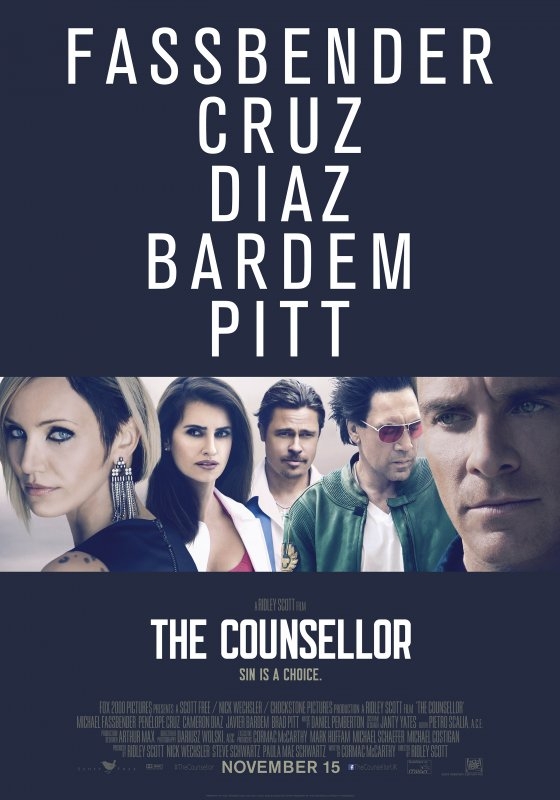Of Gods And Men

I like stories. So, it’s probably fair to assume, do you. However, I’m not really a huge fan of monks. Monks, in my experience (which if I’m honest is substantially limited) do not have very varied stories to tell of their lives of quiet devotion, which is fair enough – one does not devote one’s life to prayer and contemplation in the hope of amassing some really red-hot anecdotes. However, famously crotchety director and sometime actor Xavier Beauvois has managed to permanently alter my view of the reality of monastic life with an extraordinary film in which silence and mundanity speak immeasurably louder than noise and spectacle.
[FLOWPLAYER=http://uk.image-1.filmtrailer.com/47988.jpg|http://uk.clip-1.filmtrailer.com/6017_17528_a_5.flv,275,180]
Nominally set in 1996 during the Algerian Civil War, Of Gods And Men (originally Des Hommes et des Dieux, which is arguably the more appropriate of the two titles) does not actually bother to establish any definite facts about the where and when of its context; all the audience knows for sure is that they have been introduced to the life of a tiny Cistercian monastery somewhere in the starkly beautiful Atlas Mountains of the Maghreb, where a community of Trappist monks minister to an entirely Muslim flock.
Frère Luc (Lonsdale), a stoutly asthmatic monk who accessorises his cassock and scapula with a beanie hat and a ribbed cardigan, runs a tiny village clinic for the sick of the parish whilst elected leader Frère Christian (Wilson) tries to calm the increasingly fretful village elders as the Islamist dissidents roaming the countryside begin a violent campaign against all but the most devout believers. As the streets become progressively more dangerous, the Algerian government offers the brothers a military guard which they instantly reject, choosing to take their chances along with the rest of their village.

Few of the actors in Of Gods And Men will be instantly recognisable to UK audiences, although you’ll probably know Lambert Wilson from his odious turn as the Merovingian in the second and third Matrix films and Michael Lonsdale as Moonraker villain Sir Hugo Drax. Not that I’m complaining, of course; it’s rather a treat to see the occasional film with absolutely no megastar cameos or character actors getting their exercise, and the already-absorbing world of the monastery and its inhabitants is rendered all the more enveloping by its cast’s relative obscurity in Britain. In any event, Wilson and Lonsdale are the men to look out for; Lonsdale’s compassionate and distinctly un-monkish Luc (a part for which he did “very little” preparation) is a one-man masterclass in challenging preconceptions, whilst Wilson is pitch-perfect as the ‘first among equals’ leader who is painfully conscious of the conflict between his temporal and spiritual responsibilities.
The film trades very heavily on the contrast between the tranquillity of the monastery and the increasingly anarchic situation without its walls, but the point is so well made that it’s easy to forgive Beaujois’ insistence. As things become progressively more dangerous the monks respond with a nonviolent defiance which, in inspirational terms, is easily the equal of anything we saw in Gandhi and the like. One scene in particular, in which the brothers sing mass in the face of a helicopter circling their chapel, is extraordinarily memorable and far outstrips the intended emotional focal point of the last act, an orgy of soaring Tchaikovsky and indulgent close-ups which is almost comically over the top. In fact, there’s a lesson there which will serve you well throughout your viewing of Of Gods And Men – the theology and the message need to be taken with a healthy pinch of salt, but a thousand perfect throwaway moments are what makes this a truly beautiful film.





Recent Comments